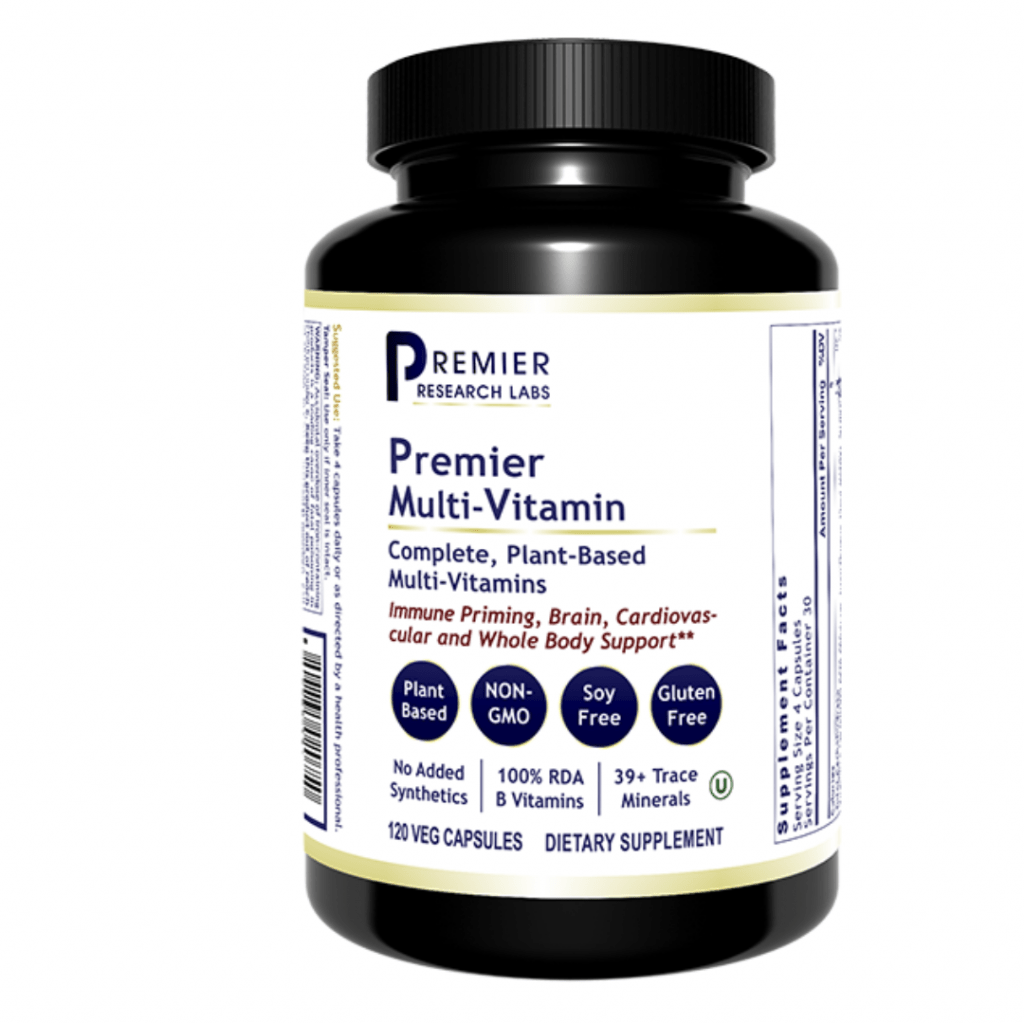A Beginner’s Guide to Micronutrients: Vitamins, Minerals, and More
Do you know what micronutrients are? If not, don’t worry – you’re not alone. Micronutrients are essential vitamins, minerals, and other nutrients that our bodies need in order to function properly. A lack of micronutrients can lead to a variety of health problems, so it’s important to make sure that you’re getting enough of them. In this blog post, we will provide an overview of micronutrients and discuss the importance of each one. We’ll also talk about how to make sure that you’re getting enough micronutrients in your diet.
Vitamins
There are 13 essential vitamins that our bodies need in order to function properly. These include: vitamin A, vitamin B-complex, vitamin C, vitamin D, vitamin E, and vitamin K. Each of these vitamins has specific functions that play a role in maintaining good health. For example, vitamins A and C are important for eye health, while vitamin D is essential for strong bones. It’s important to make sure that you’re getting enough of all of the essential vitamins, as a lack of any one of them can lead to health problems.
A chart with a list of vitamins, their function in the body, and list of food sources. View Chart.
Minerals
There are 17 essential minerals that our bodies need in order to function properly. These include: calcium, chloride, copper, iodine, iron, magnesium, manganese, molybdenum, phosphorus, potassium, selenium, sodium, sulfur, and zinc. Each of these minerals has specific functions that play a role in maintaining good health. For example, calcium is important for strong bones and teeth while magnesium is necessary for healthy muscles and nerves. It’s important to make sure that you’re getting enough of all of the essential minerals, as a lack of any one of them can lead to health problems.
Micro-minerals and Macro-minerals
In addition to essential vitamins and minerals, our bodies also need micro-minerals and macro-minerals. Micro-minerals are nutrients that are needed in small amounts, while macro-minerals are nutrients that are needed in large amounts. Some of the most important micro-minerals include chromium, fluoride, and selenium, while some of the most important macro-minerals include calcium, magnesium, and phosphorus. It’s important to make sure that you’re getting enough of both micro- and macro-minerals, as a lack of either one can lead to health problems.
Deficiencies in micronutrients can cause:
- Anemia
- Birth defects
- Bone problems
- Cancer
- Cardiovascular disease
- Cognitive decline
- Depression
- Developmental delays in children
- Diabetes
- Eye problems, such as cataracts and night blindness
- Fragile bones (osteoporosis)
- Gastrointestinal problems such as constipation and ulcers
- Weight management problems
Deficiencies in micronutrients can cause:
Now that you know all about micronutrients, how can you make sure that you’re getting enough of them? Here are a few tips:
Eat a balanced diet. A balanced diet is essential for getting the nutrients your body needs. Make sure to include plenty of fruits and vegetables in your diet, as they are packed with vitamins and minerals.
Take a multivitamin. If you’re not able to get all of the nutrients you need from food alone, consider taking a multivitamin supplement. This will help ensure that you’re getting all of the essential vitamins and minerals your body needs.
Talk to your doctor. If you have any concerns about whether or not you’re getting enough micronutrients, talk to your doctor. He or she can help you determine if you need to make any changes to your diet in order to ensure that you’re getting enough of the essential vitamins and minerals.
Disclosure: Some of the links on this website are affiliate links, which means that I may receive a commission if you make a purchase through one of these links. Please note that I only recommend products that I personally use and believe in, and the decision to purchase should be based on your own judgment.
Food Sources
- Fruits and vegetables
- Meat, poultry, and fish
- Dairy products
- Nuts and seeds
- Legumes (beans, peas, lentils)
- Fortified foods such as breakfast cereal, energy bars, or milk.

Our Recommended Source:
Premier Research Labs’ Multi-Vitamin supplement, is a vegetarian/vegan formula that contains a blend of vitamins and minerals. It is formulated with naturally occurring phytonutrients to support the health and function of the body’s organs and glands. The product is designed to provide a broad-spectrum of nutrients to support overall health and well-being.
Sign up for my free email newsletter and get access to tips, tricks & content that will help you live your healthiest life! Ready to take the next step? Book your first coaching session and take 10% off!
My focus areas include nutrition, fitness, mindset, posture, and sleep. I specialize in adult beginners and those starting their wellness journey later in life. I am passionate about helping people live healthier, happier lives. I live in Katy, TX with my two cats, Cheetah and Sorbet.

